Privacy and confidentiality
Filter resources
-
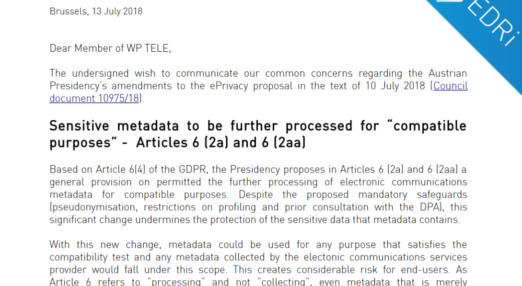
Civil society calls for the protection of privacy in ePrivacy
On the 13th of July, EDRi, together with Privacy International, IT-Politisk Forening and Access Now sent a letter to the TELE Working Party of the EU Council regarding the dangers for privacy protections associated with the latest proposals brought forward by the Austrian Council Presidency. The letter comments the developments and argues that such changes […]
Read more
-

Civil society calls for protection of communications confidentiality
On 31 May EDRi, Access Now, and Privacy International met attachés to the EU Council (representatives of EU Member States) who work on the ePrivacy Regulation proposal.
Read more
-
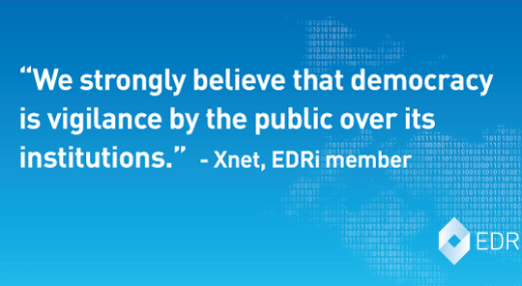
Xnet: Opposing guarded access to institutional information
Xnet brought up questions about the compliance of the Spanish Data Protection Agency's work with the new Data Protection Regulation.
Read more
-
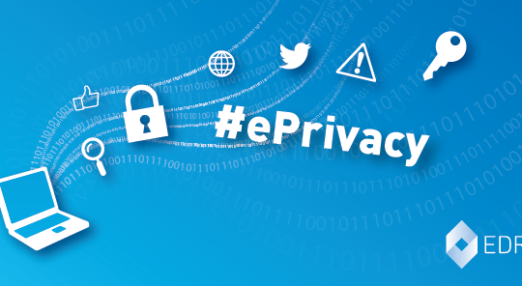
Your ePrivacy is nobody else’s business
The right to privacy is a fundamental right for every individual, enshrined in international human rights treaties. This right is being particularly threatened by political and economic interests, which are having a deep impact on freedom of expression, democratic participation and personal security.
Read more
-

Gesellschaft für Freiheitsrechte: Legal challenge against Bavarian Police Act
EDRi observer Gesellschaft für Freiheitsrechte (GFF) is preparing a joint constitutional complaint to be brought before the German Constitutional Court against the newly passed Bavarian Police Act (PAG)
Read more
-

GDPRexplained Campaign: the new regulation is here to protect our rights
Our GDPR Explained campaign aims at educating individuals and organisations about the new rights granted to us and the changes to be made when dealing with personal data. We have put together answers to many important questions we have received and built a FAQ for anyone to access.
Read more
-

BBA Germany 2018: Spying on employees, refugees, citizens…
The annual German Big Brother Awards gala was held by EDRi member Digitalcourage in Bielefeld on 20 April 2018.
Read more
-

Bavarians protest against vastly extended police powers
A large anti-surveillance rally took place in Munich on 10 May 2018. 30 000 protesters showed their dismay about the Bavarian plans to reform the law on the tasks of the state’s police. Even the organisers were surprised by the scale of the demonstration – they had expected fewer than 10 000 people.
Read more
-

Big Brother Awards – tips and materials for organisers
In October 2018, we will celebrate 20th anniversary of the first Big Brother Awards (BBA) event in UK.
Read more
-
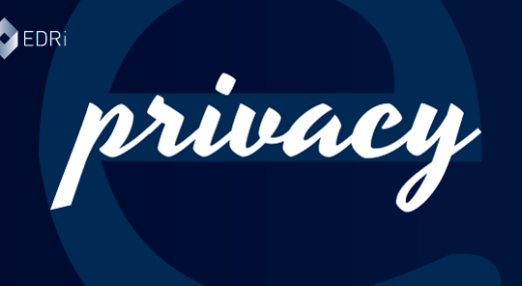
EU Member States fight to retain data retention in place despite CJEU rulings
EU Member States are still working to adopt their position on the ePrivacy Regulation proposed by the European Commission in January 2017. A number of draft compromise texts have been published by the Council Presidency before discussions in the Working Party on Telecommunications and Information Society (WP TELE).
Read more
-
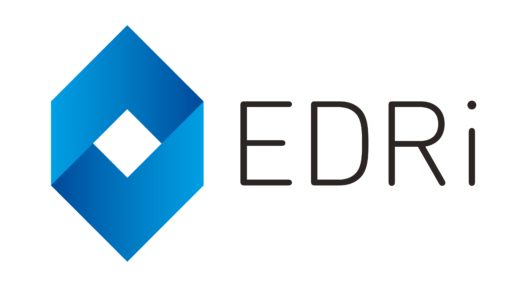
ePrivacy: Civil society letter calls to ensure privacy and reject data retention
On 23 April 2017, EDRi, together with other civil society organisations, sent a follow up to our previous open letter to the permanent representations of EU Member States in Brussels. The letter highlighted the importance of the ongoing reform of Europe’s ePrivacy legislation for strengthening individuals’ rights to privacy and freedom of expression and for rebuilding […]
Read more
-

Hermes Center demands investigation of NAT-related data retention
On 27 March 2018, EDRi member Hermes Center for Transparency and Digital Human Rights filed a request with the Italian Data Protection Authority (DPA) to investigate on the widespread practice of logging Network Address Translations (NAT) by most of the telecommunication operators.
Read more
